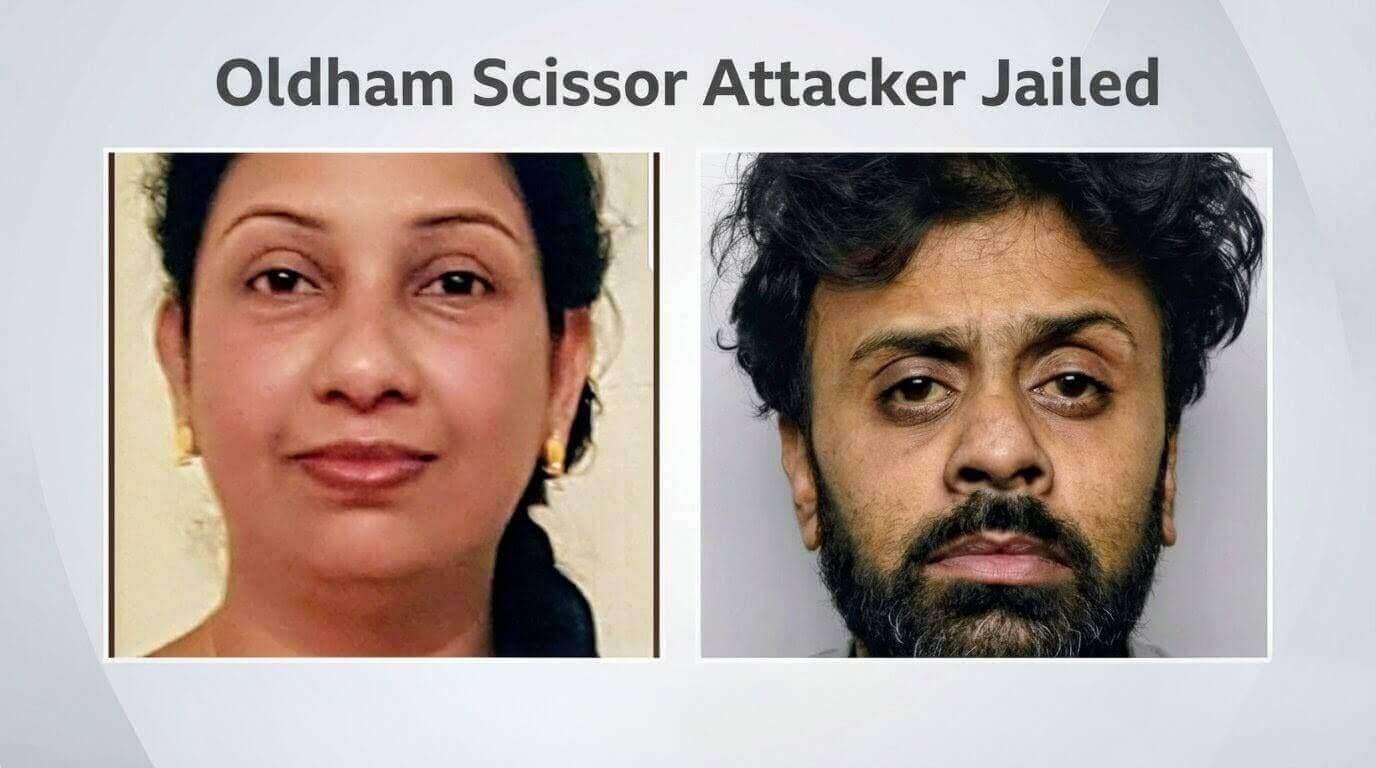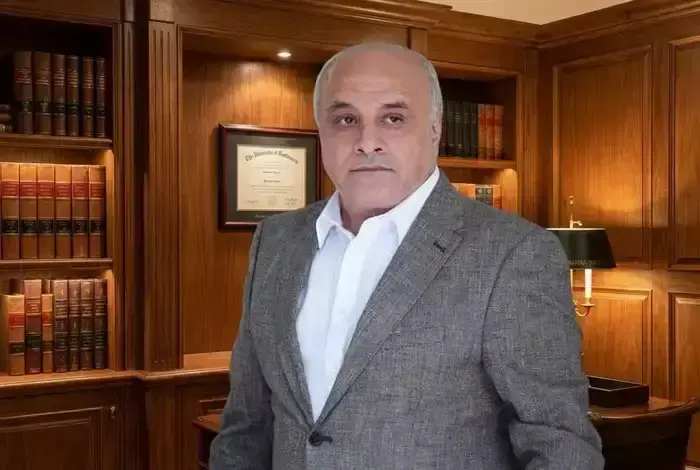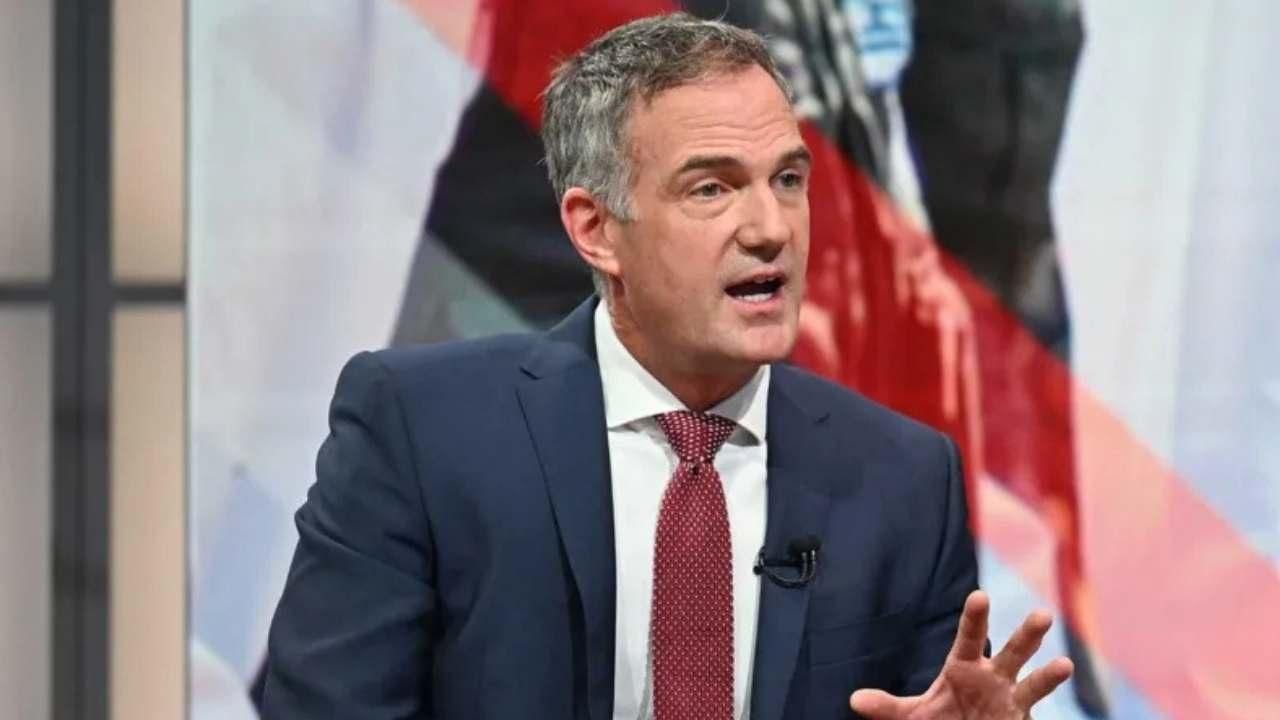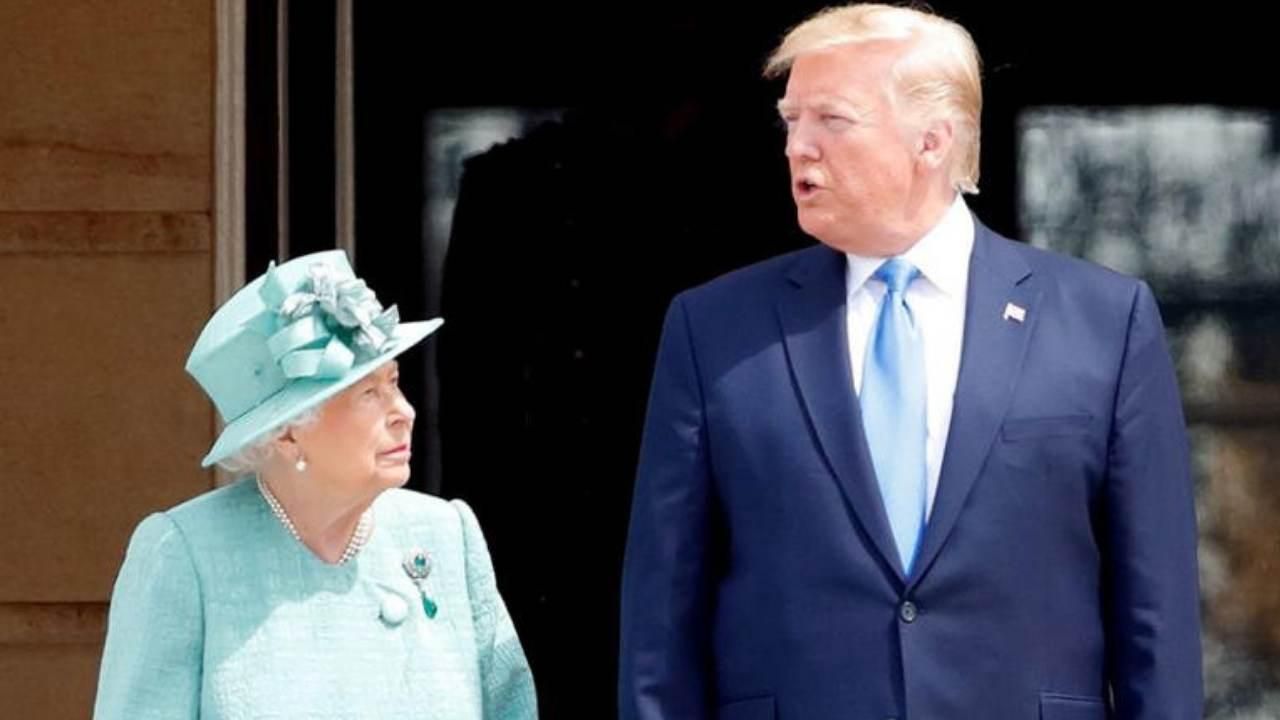Science and Technology Secretary Peter Kyle has called on police forces to adapt and modernise, urging them to "embrace change" as discussions continue between the Home Office and the Treasury ahead of this week's Spending Review.
Appearing on the BBC's Sunday with Laura Kuenssberg, Kyle acknowledged that every sector—from healthcare to universities—was competing for increased funding, putting Chancellor Rachel Reeves under considerable pressure. He confirmed that the Spending Review would prioritize more funding for schools and scientific research, but stopped short of ruling out potential cuts to police budgets.
Conservative Shadow Home Secretary Chris Philp voiced concern about possible reductions in police numbers and urged the government to safeguard police funding.
Chancellor Reeves will unveil on Wednesday how much funding each government department will receive for the next three to four years. Earlier, she had warned that not all departments would get what they asked for, saying, “There are good things I’ve had to say no to.”
Sources inside the Home Office believe current funding is insufficient to hire the additional officers Labour promised during the election campaign. Kyle responded by pointing to the £1 billion already allocated to the police and said reforms are also necessary. “We expect the police to modernise and do their part,” he said, adding that innovation and the use of up-to-date technology are key to improving public services.
Recently, five police chiefs, including Metropolitan Police Commissioner Sir Mark Rowley, warned that further budget cuts would lock in long-term inefficiencies, with forces still reliant on outdated tech due to years of underfunding.
Also on the Kuenssberg programme, Philp reiterated his fears of declining police numbers and criticized Labour's spending priorities, particularly on environmental projects and public sector pay increases. He said the Conservatives would save money through deeper welfare reforms, including a proposed £12 billion cut to the welfare budget.
Reform UK's deputy leader Richard Tice said the government and local councils should eliminate wasteful spending, especially in administrative roles, and suggested the Bank of England could save money by altering its approach to quantitative easing.
Liberal Democrat deputy leader Daisy Cooper said it was shocking that the government had not ruled out cuts to police budgets, especially given the "epidemic" of unsolved crimes.
Despite concerns in some areas, the government announced an £86 billion science and tech investment to support innovation in medicine and battery technology. According to The Observer, schools are set to receive £4.5 billion for special education needs, expanded free school meals, and teacher pay rises. The Times also reported that the NHS will likely receive a £30 billion boost.
These spending increases come after a pledge to raise military spending from 2.3% to 2.5% of GDP by 2027, with a target of reaching 3% by 2034. With no plans to borrow for everyday expenditures, many expect that other departments will face cuts to balance the budget.
The Institute for Fiscal Studies noted that limited economic growth means tough decisions are inevitable.
Kyle concluded that the chancellor’s choices reflect the country’s current economic challenges. “We’re the fastest growing economy in the G7, but people aren’t yet feeling that in their day-to-day lives,” he said. He emphasised that the government would set record levels of per-pupil school funding and make its largest-ever investment in research and development.








.svg)


